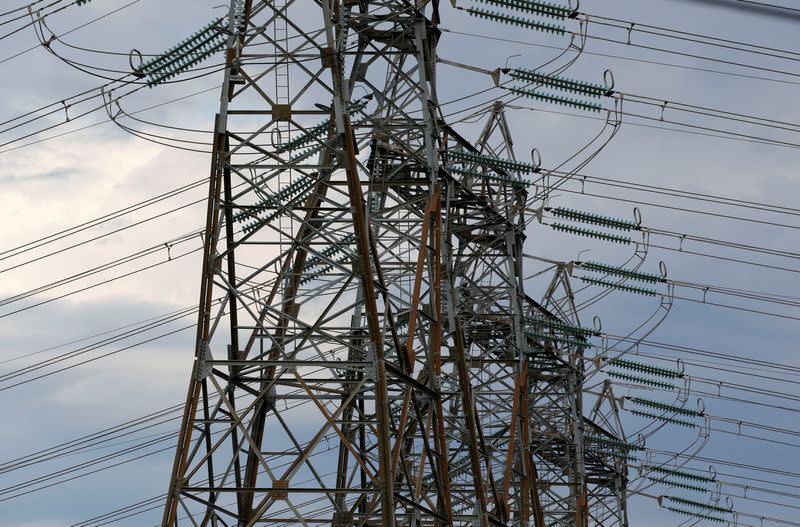EDF sold excess power on Sunday, forced to buy back on intraday market

PARIS (Reuters) -Nuclear operator EDF said in an online note that it accidentally sold 1.5 gigawatts (GW) of excess power on the day-ahead market on Sunday, requiring the company to buy back electricity contracts on the intraday market on Monday.
"As a consequence, actions might be initiated by EDF Trading to rebalance its intraday position for the delivery day of December 12," the operator said in the note.
EDF confirmed to Reuters on Monday that an "operational incident" occurred on Dec. 4 and said they have no further comment.
Intraday markets enable producers and consumers to balance positions in close to real time, where energy can be traded up to five minutes ahead of delivery, as opposed to day-ahead trading, where prices are balanced beforehand on a supply-demand curve.
If EDF bought at the highs of the intraday market today it would have had to pay a premium of about 100 euros ($105.53) per megawatt hour (MWh) versus the day-ahead price yesterday, said Emeric de Vigan, vice president of power at data and analytics firm Kpler.
That equates to a premium of roughly 150,000 euros on the amount of power it sold.
It is "always difficult to know exactly, as it depends on when they bought", he added.
($1 = 0.9476 euros)
(Reporting by Forrest CrellinEditing by Jason Neely and David Goodman)

 Yahoo Finance
Yahoo Finance 